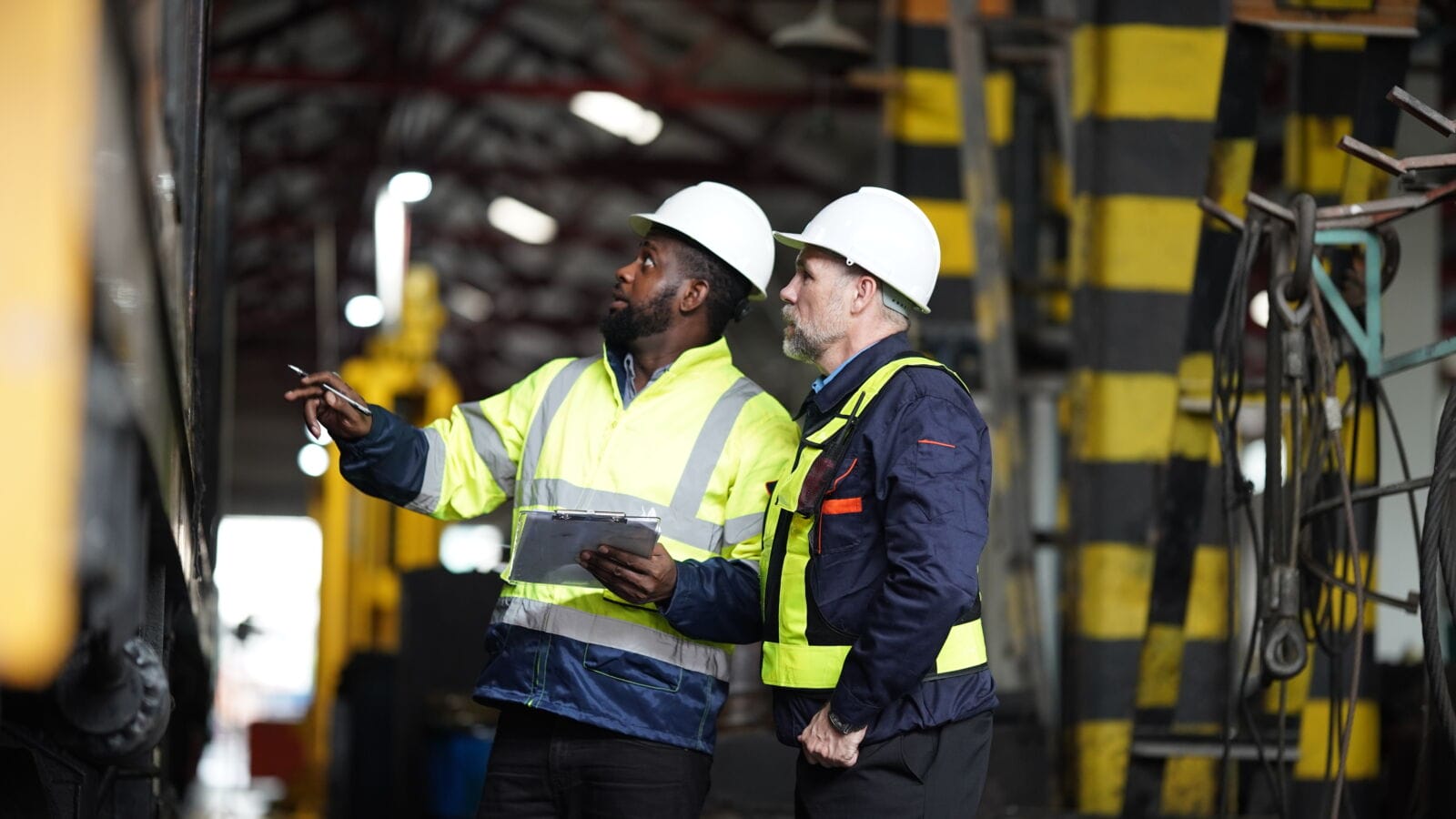Buildings are complex systems that require teams of professionals to take a project from plans on paper to a useful structure. The work, however, doesn’t end when a certificate of occupancy is issued. Facilities management plays a crucial role in the long-term viability of a building. Jana Morgan, associate director of facility management for Ryan Companies US, explains that people often have the misconception that facility management involves only maintenance and operations, such as cleaning, repairs and building upkeep.
“Facility management encompasses a wide range of strategic functions,” Morgan continues. “This includes space planning, workplace experience, corporate hospitality, sustainability initiatives, asset management, technology integration, safety and security management, building and employee wellness, cost efficiencies and vendor relations.”
There also can be confusion relating to the difference between property management and facilities management. MJ Gomathi, project manager for Terracon’s facilities department and president of the Greater Phoenix Chapter of the International Facility Management Assocation (IFMA), notes that there can be some overlap between the disciplines, but generally property management focuses more on the leasing of tenants and less about the health of the building.
For example, Henri is a Scottsdale-based property management software company that focuses on community building within apartment complexes.
“Henri is a resident engagement and portal software so residents can do everything from pay their rent, make maintenance requests, which is under facilities management,” says Alana Millstein, co-founder and president of Henri. “Residents can get package notifications, meet their neighbors, set up pet play dates, date their neighbors and sign guests into the community. It does a whole spectrum of things for residents and the managers of the property.”
Facing the future
Like many professionals, facility managers today have far more tools at their disposal. Pristcher notes that in the old days, facility managers didn’t have nearly as much data available to them. It also makes handing off duties between facility managers a smoother process, compared to the past when most of the institutional knowledge about a particular building was held by a single person, meaning that there would be a huge gap in know-how if they left the company.
Morgan adds that technology plays a significant role in cost and energy savings from audio and video devices, mechanical, electrical and plumbing.
“Technology touches every aspect of what we do. Data analytics, business and artificial intelligence, along with increased cyber security play significant roles in facility management,” she says. “By leveraging technology, it decreases energy and operating expenses and increases the more efficient predictive and preventative maintenance habits that save larger capital dollars.”
Buildings themselves are becoming more technologically advanced, and Gomathi says that means more technologically savvy people are needed to maintain these structures.
increasingly turn to less dense, more affordable communities. But what are the fastest-growing housing markets in Arizona?
MORE NEWS: Here’s how the construction industry is embracing technology
“That’s where facility management as a culture comes in,” she continues. “It’s not just about maintaining the equipment anymore. It’s about reviewing data and utilizing new technology like AI. Even before AI, we’ve been using the Internet of Things, which help facility managers understand the condition of building is, such as a sensor letting us know that temperature has been spiking in a certain area for the past 10 days. Add AI to that, and it can review that reading and let you know that something needs to get replaced or that a repair is needed.”
That said, Tom Pristcher, founder and CEO of TEPCON Construction, notes that many people are resistant to change, and incorporating technology can be complicated, especially if someone is used to doing their job a certain way for many years.
“If there’s a new software that someone is having a hard time with, they’re going to push it to the side because they still have to meet deadlines,” he says. “That’s been the biggest problem adopting technology. If someone says to me, ‘I’m not happy with [this technology] but I still have to get this job done,’ I’m not going to force them to use that software. There has to be a commitment from the company to the integration of that software to make it work.”
Gomathi adds that sometimes technology can be viewed as a threat to a facility manager’s job security, which is not the case.
“I try to show them that this is not something that’s going to take your job away or be used to micromanage them,” she explains. “It’s here to make life easier so they don’t have to keep running from one thing to another. The people aspect of integrating technology is where it gets tricky.”
International Facility Management Association
Like many professions, facility managers have an association called the International Facility Management Association (IFMA) that helps connect practitioners to learn from one another and hear about best practices. It also conducts research and provides benchmarking tools through its website. One resource the Gomathi recommends is a tool that helps organizations assess how many people they need to maintain their portfolio of buildings.
“Let’s say that the City of Tempe wants to know how many people they need to maintain their portfolio of buildings,” she says. “IFMA has done an enormous amount of research nationwide, and they have put together a tool where the City of Tempe can put in the number of how many and what type of buildings they have, and it shows how many people they would need to maintain these buildings efficiently.”
IFMA also has ways for facility managers to further their career through certifications that can be earned through IFMA, Pristcher adds.
“The CFM [Certified Facility Manager] and FMP [Facility Management Professional] certifications are taken very seriously,” he continues. “It used to be facility managers weren’t considered a big career track. It was the responsible person in the office who showed up at 8 a.m., left at 5 p.m. and had the keys. Pretty soon, the work would pile up and you’d have an admin who is dealing with security, coordinating maintenance and dealing with lease negotiations. IFMA has taken the role and elevated it to a professional career path by being on the forefront of education.”
Gomathi adds that having the credentials helps future employers understand the knowledge-level of a facility manager and helps to boost their credibility. When she first came to the U.S., Gomathi says she did not have any of these credentials but did have five years of experience. Even with a background in facilities management, Gomathi says she had difficulty getting jobs, but receiving an FMP helped her with job prospects.
“As soon as I got that first credential, people understood what skills I had. Within a month or two of getting my FMP, I got my first job here,” she continues. “Besides the certifications, we have activities and sessions that focus on current issues facing facility managers. We recently had a session where we focused on what other professionals are seeing as pain points and were able to have a conversation with everyone on how to fix an ongoing issue someone was having with their building.”
Many people don’t understand that a career in facilities management can be fulfilling — or even know it’s a field they can pursue. Gomathi notes that many people fall into the profession rather than actively choose it, and that the average age of facility managers is 45 years old. That’s why she says IFMA’s student chapter at Arizona State University (ASU) is so important.
“Many students don’t even know what facility management is,” Gomathi concludes. “We currently work with construction management and business analytics students to expose them to what options they have for a career. We don’t want them to think that just because they’re going through a construction management program that means that’s their only option for a career. We’ve had students who are now working in the industry because of the impact the student chapter had on them.”




